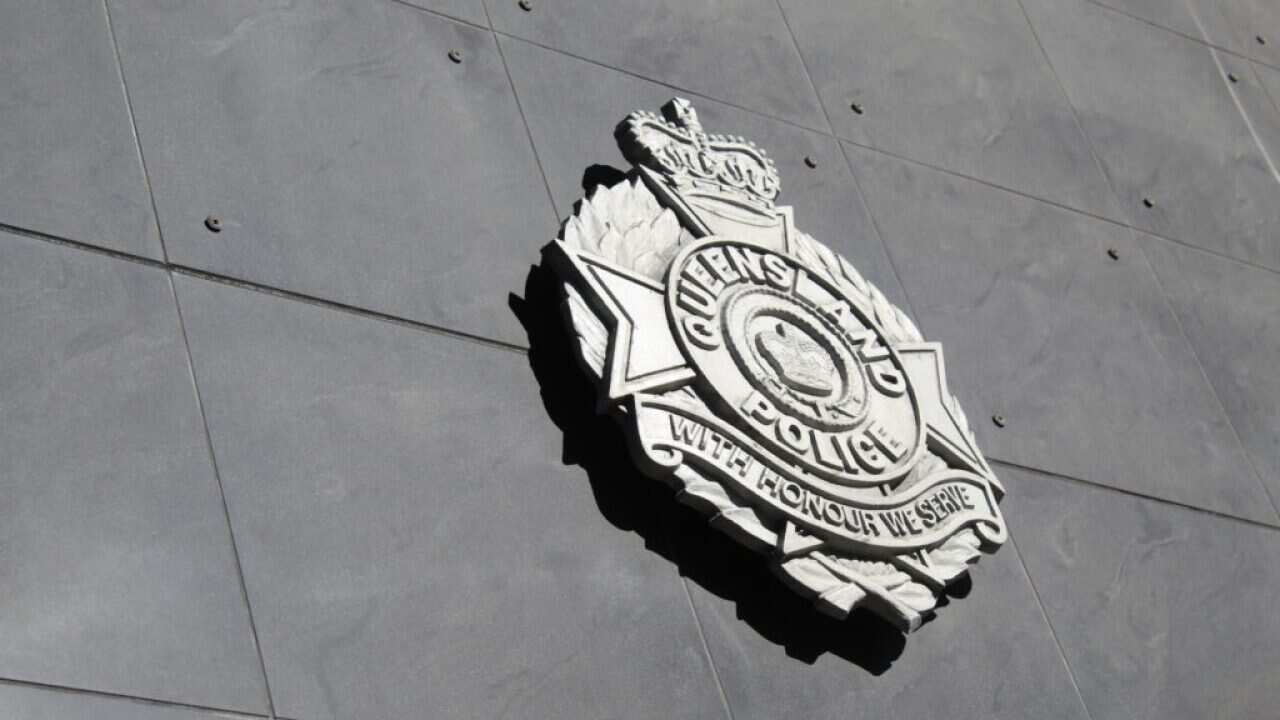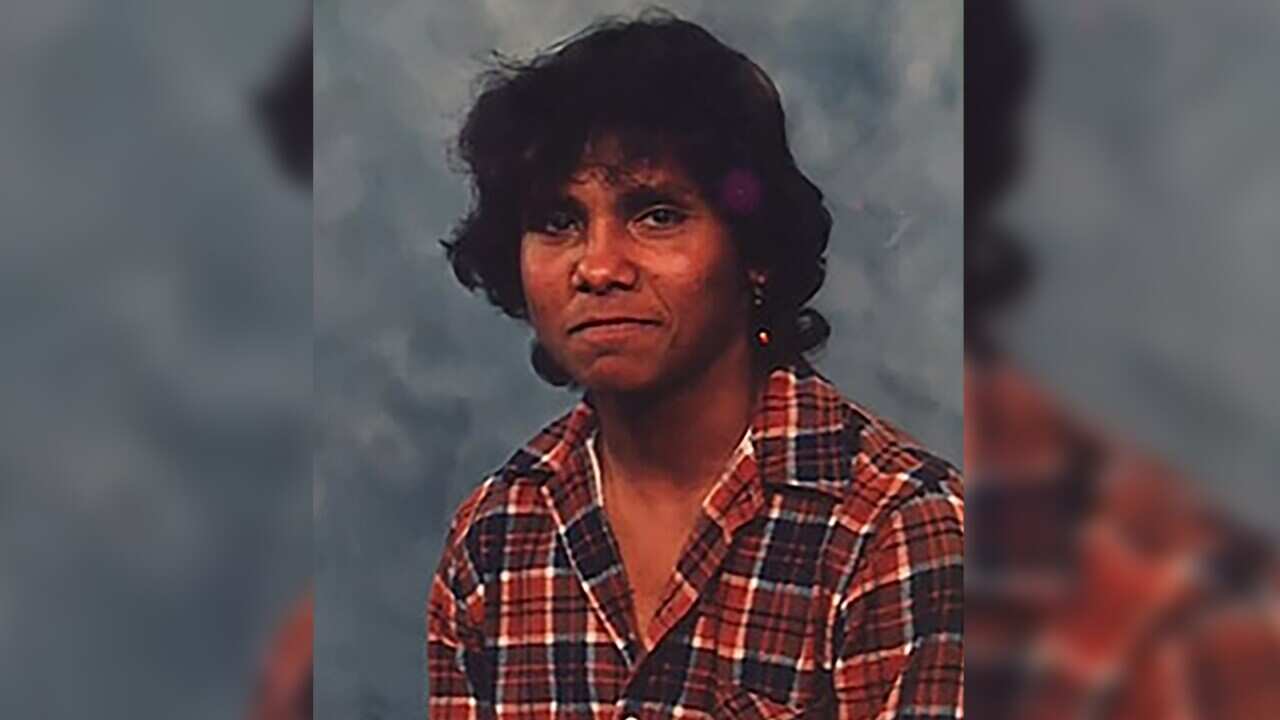“Racism was rife in the 60s and 70s in Sydney, and in rugby league,” says Aboriginal elder and Indigenous rights activist,, reflecting on a time when he, as a teen, was fascinated by the guts and glory of the game.
“We had a number of very good rugby league players in those days but we weren’t getting picked up by the Australian Rugby League, now known as the . So to catch the eye of a selector, you had to be extraordinarily good if you were an Aboriginal person as a rugby league player: two or three times better than a non-Aboriginal player.
“That’s why most Aboriginal men elected to box as it was easier to make money out of boxing than be an elite football player. But I just loved the sport: it was all of that camaraderie and competitiveness.”
The chairman of the wasn’t alone in his passion for NSW’s most popular game. A young Mr Bellear and a tonne of mates were fixated on the NRL.
But society and sport were extremely different in 1970 to what they are now, Mr Bellear says. Freedoms were limited, as were opportunities for sporting success. In the 1960s and ‘70s, social revolutions were easily imagined, an atmosphere of change thickened the air, and the realisation of equal rights was a destiny well worth pursuing.
In the 1960s and ‘70s, social revolutions were easily imagined, an atmosphere of change thickened the air, and the realisation of equal rights was a destiny well worth pursuing.

Sol Bellear. Photo by AAP Dean Lewins Source: AAP
Cast against a backdrop of racial inequality, sport grew to become a positive channel for Indigenous rights activism. In many cases, organising a team sport also meant organising a group’s hopes to fight racial discrimination.
And so it was in these circumstances in 1970 that six blokes came up with the idea of the NSW Aboriginal Rugby League Knockout, known to most as the The state-based NRL carnival, now in its 45th year, has been held every year since.
“The event was first created because of the racism in rugby league against Aboriginal players,” says Mr Bellear.
The 45th Koori Knockout, to be held in Dubbo from Friday 2 October to Monday 5 October, has risen to become the biggest gathering on the Aboriginal and Torres Strait Islander Peoples if not the largest meeting of Indigenous people around the world.
As the wrote in Aboriginal Rugby League in Sydney (2011): “It grew out of a longstanding tradition among Sydney’s Aboriginal community of playing and watching rugby league, starting in the 1930s with the formation of the Redfern All Blacks and the La Perouse Panthers.
“Following a discussion with some of the players from these teams at the Clifton Hotel, it was decided to hold a knockout competition with Aboriginal rugby league teams from around NSW,” writes Ms Norman.
“The event was first created because of the racism in rugby league against Aboriginal players."
A match to beat all others
The first Koori Knockout match was held at the Camdenville Oval in the Sydney suburb of Erskineville. Mr Bellear was not only there to witness the game but he played in it on the side of the Redfern All Blacks.
“There were only five teams in the beginning that had entered that game and most of them were city-based. Walgett and Kempsie were the only two teams that didn’t come from the city.”
Mr Bellear reminisces how local blackfullas flocked to the oval to see the October game with their picnic baskets in-hand, and children in tow. “It was just great. We were able to showcase our teams and communities to other Aboriginal people.”
“It was just great. We were able to showcase our teams and communities to other Aboriginal people.”

A sign of more modern times in sport: Indigenous Rugby League players launch the country's first sport's Reconciliation Action Plan in Sydney, 2008. Source: AAP
But don’t be fooled, Bellear says, the event wasn’t jovial; the players meant business and their intention was to get gold.
“It was very serious back then. We’d be telling other clubs ‘we are better than you’. It was the Aboriginal Olympic Games and the gold medal was winning.”
“I was part of the first knockout and didn’t miss a knockout for the first 15 knockouts as a player.”
Racism was life
Good intentions surrounding the new NRL carnival were quickly put into the context of the time. Every time the calendar moved to another year in the 70s, public sentiment reminded the organisers that racism was still rife.
As the event moved to the home town of the previous year’s team, NRL fans from around NSW flocked to the Koori Knockout.
But, Mr Bellear says, “the locals didn’t want too many Aboriginal people in the one spot and local businesses used to close before sunset and motels and hotels used to refuse us entry saying they had no vacancies”.
RELATED STORY:

Koori Knockout to inject around $6.6m into Dubbo economy
“So a few other blokes and I used to rent a mobile home, and we used to just park it in a showground. It worked well for us because we knew that motels and hotels wouldn’t admit us.”
The racism surrounding the event didn’t deter Mr Bellear from being involved. He later went onto play in six Koori Knockout grand finals, representing three different teams: the Redfern All Blacks, the Lewis Street Dodgers and the Tweed Heads team, the Wollumbim Warriors.
Over the years, he’s also been a Koori Knockout coach and an event co-organiser.
“I was part of the first knockout and didn’t miss a knockout for the first 15 knockouts as a player.”
Mr Bellear calculates that since 1970, he’s only ever missed around 10 carnivals in total.
“I feel proud to be part of something like that, from a player’s and administrative point of view.
“…The unity of the Aboriginal people and their strength to come together culturally and traditionally for a sporting activity shows the power of organisation.
“The locals didn’t want too many Aboriginal people in the one spot and local businesses used to close before sunset and motels and hotels used to refuse us entry saying they had no vacancies."
Making careers, making history
Mr Bellear’s early career in football was partly shaped by the spirit of the Knockout in those early days. As the prominent Australian explains, his talents were eventually recognised and he was later selected for the South Sydney reserve grade. In 1978, Mr Bellear played against St George in the reserves Grand Final.
“I was stubborn. I was prepared to break the legs of people in front of me to get on that field,” he says, laughing.
“I was determined. It never happened by the way.”
“There were probably three or four others in the All Blacks team that could’ve made it as well. We had played together as a team for over 10 years: sooner or later one or two of us had to get noticed because we kept on making the finals.”

Sol Bellear AM Source: Supplied
Be involved, stay involved
Today, the rights activist and prominent Australian figure acts as a consultant for NSW Aboriginal Land Council.
Come Koori Knockout time on the first weekend of October and Mr Bellear will also be tasked with the role of grounds announcer.
“These days, the Knockout is one of the biggest gatherings for Aboriginal people in Australia. It’s a sporting and cultural fixture,” he says.
“Other than at funerals, this is one of the only opportunities for Aboriginal people to catch up. Over the years, we’ve lost a lot of players, people and supporters…It’s a sad thing in that respect but the positives of the Knockout outweigh a lot of negatives.”
The ever humble recipient of an Order of Australia reminds younger generations of the history of the carnival because he believes it is an important story to tell: “if people aren’t reminded regularly about history, then people try to change history”.
“My message to the young ones is: be involved and stay involved.
“We started off with only five teams but that’s now grown to 68 teams. That’s the most number of teams we’ve ever had.
“[The Koori Knockout] is one of the greatest things that have happened in Australia.”
RELATED STORY:

The Koori Knockout LIVE Stream
The 45th NSW Aboriginal Rugby League Knockout, hosted by 2014 winners Walgett Aboriginal Connection, will be held at Caltex Park, Dubbo, from Friday 2 to Monday 5 October.
Keep up-to-date with all the scores via our rolling score updates on this site. Join the conversation on and using #KooriKnockout and #NITV.








